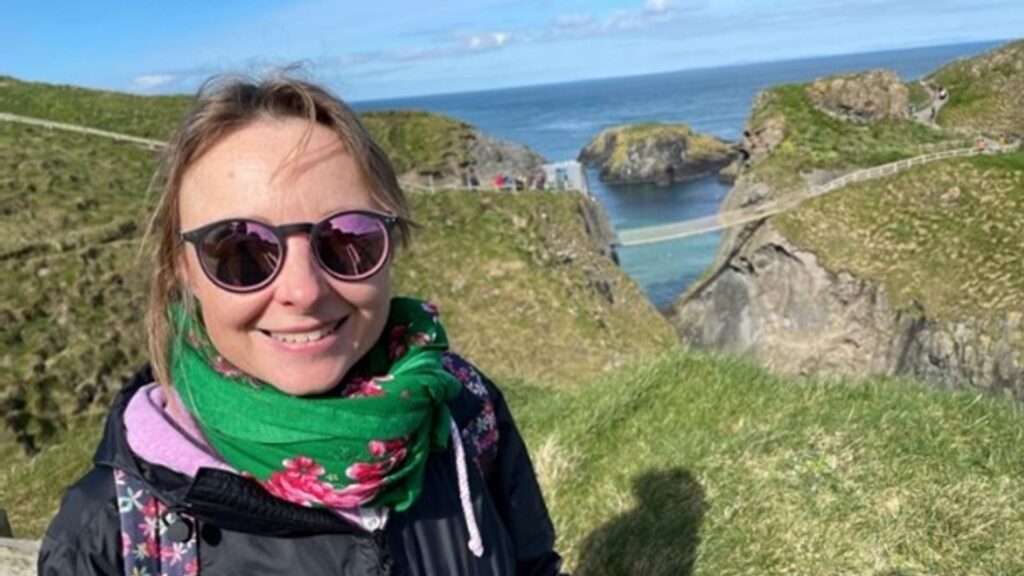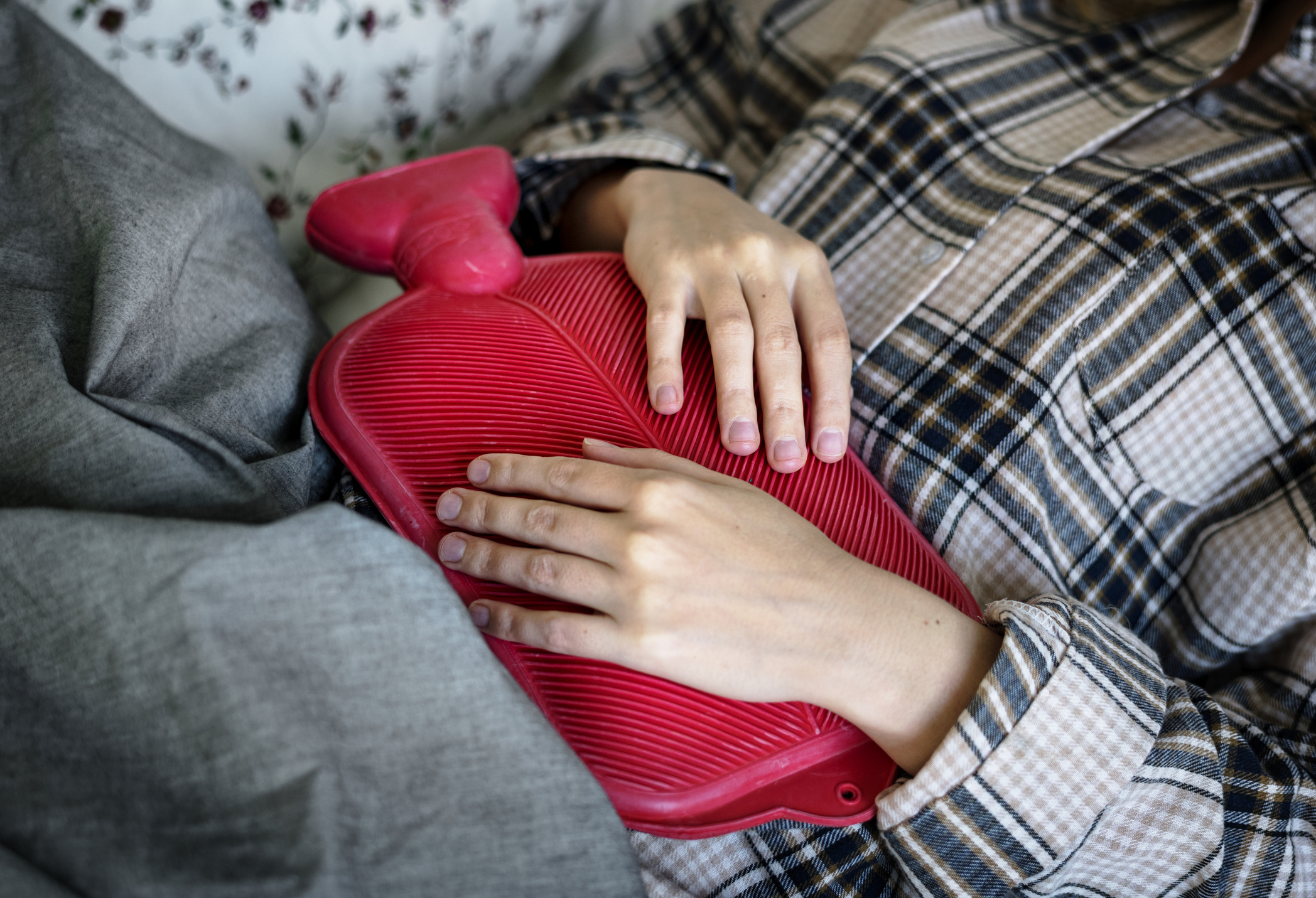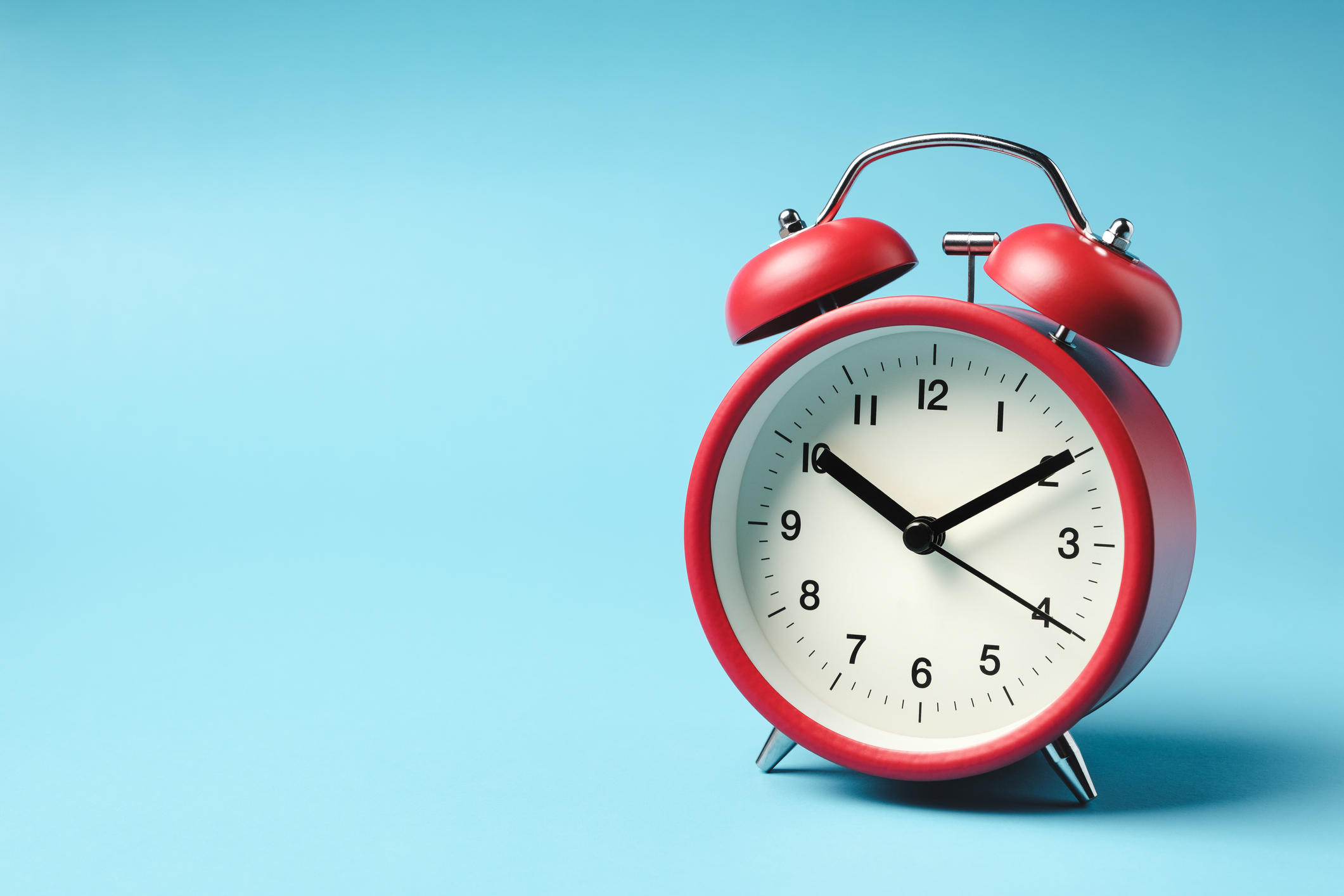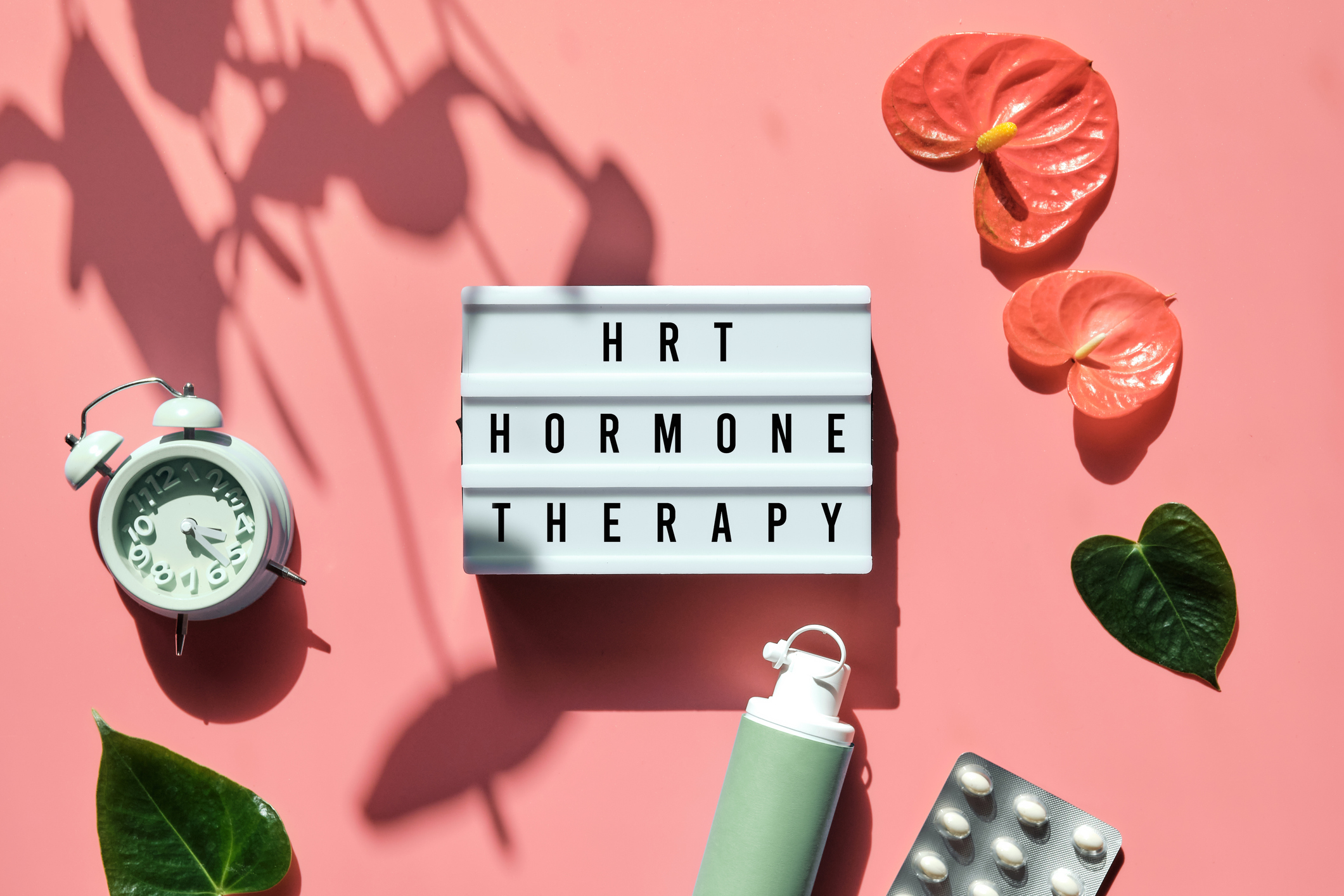Erm…sorry, what was I saying?

My name is Helen Shaw and I work in Student Wellbeing and Inclusivity (SWAI) at the University. I started being affected by early menopause when I was ‘just’ 43. I think if I was in my 50s, I’d have been more alert to the symptoms rather than it totally blindsiding me, so I’m hoping by sharing my story with you it helps to increase awareness and support for other women.
Early, in the context of menopause, is under the age of 45. Looking back now, it couldn’t have been more obvious what was happening to me, but hindsight is a wonderful thing and instead, I explained my symptoms away.

The aches and pains in my limbs and joints, particularly my arms, legs and hips, I put down to having caught viruses and ‘just’ feeling run-down.

The waking in the night drenched in sweat I put down to ‘just’ having nightmares (even though I could never remember them).

The bouts of extreme fatigue I put down to ‘just’ having a lot to deal with in my life (my father was sadly living with terminal cancer).

My very low mood, short temper and not feeling like myself, I put down to ‘just’ being a typical reaction to the situation with my dad.

The frequent and overwhelming periods of brain fog and forgetfulness I put down to ‘just’ being sleep deprived.

The weight gain and change of body shape I put down to ‘just’ eating more comfort food.

My dry, gritty and itchy eyes I put down to ‘just’ being a side effect of some recent eye treatment.

My dull, itchy and blotchy skin I put down to ‘just’ a poor diet and being indoors with the air-conditioning or heating on.

The rapid deterioration of my eyesight and intense headaches I put down to ‘just’ having too much screen time.

My hair falling out I put down to ‘just’ being a symptom of stress.

My periods stopping, I put down to, well, not being a huge surprise with my body dealing with all of the above!
I only started to piece the jigsaw together when I happened to catch one of Davina McCall’s TV shows highlighting the myriad of women’s experiences alongside the science of menopause. I remember watching it, frowning, thinking that sounds very familiar, maybe I should see a GP?
So, I did and had a blood test which confirmed my low oestrogen levels. I knew I wanted hormone replacement therapy (HRT), but I was surprised by some people’s reactions to my decision, commenting that menopause was a natural female experience and to ‘just push through’. But I’d done my research, I knew the long-term risks for me of living with low oestrogen levels having started so young.
My view was if I was deficient in Vitamin C, I’d take a supplement. If I was deficient in Iron, I’d take a supplement. I am deficient in oestrogen, and therefore I need a supplement.

Now, I could write a separate article about my HRT experience (I had no idea it came in so many different formats, dosages, applications etc), but in a nutshell, blood tests are showing my body is not absorbing any of it. Not an ounce. Or a gram. Or whatever it comes in. I didn’t even know that was possible! Despite living with no change of symptoms for 9 months of being on HRT, I still explained them all away, as ‘just’ something else. Not only had I done it once, but I’d also done it again and so now I’m on a waiting list to see a specialist.
In the meantime, back to those symptoms…
Professionally, it is the brain fog that impacts me the most frequently and causes me the greatest embarrassment: getting long standing colleagues’ names mixed up; losing control of my words mid-sentence and having them come out in random order; forgetting what I was talking about mid-sentence so having to say ‘sorry, what was I saying?’; and losing focus during conversations. It feels like suddenly my head is struck with a large, flat spade before being sliced open and stuffed with cotton wool mixed with porridge. I know right, quite an image! If this happens, please bear with me, and be assured I really can do my job and I am not tipsy at midday, it’s a brain fog moment and I need your support to work through it.
If this resonates with you, I can recommend Davina McCall’s two Channel 4 shows: ‘Sex, Myths and the Menopause’ and ‘Sex, Mind and the Menopause’. Davina McCall’s and Dr Naomi Potter’s book ‘Menopausing: The Positive Roadmap to Your Second Spring’ is also a great resource for an accessible, relatable and informative collection of stories and articles.
Finally, you can find the University’s menopause policy for staff on the HR webpage.
Thank you for taking the time to read my story, and for your support.
All images are courtesy of Getty Images.
Health and Wellbeing
Wellbeing means being in a positive physical, social and mental state. Wellbeing is important to us as happy, healthy people who achieve harmony in their work / life mix are more creative, productive and help to create a great place to work.